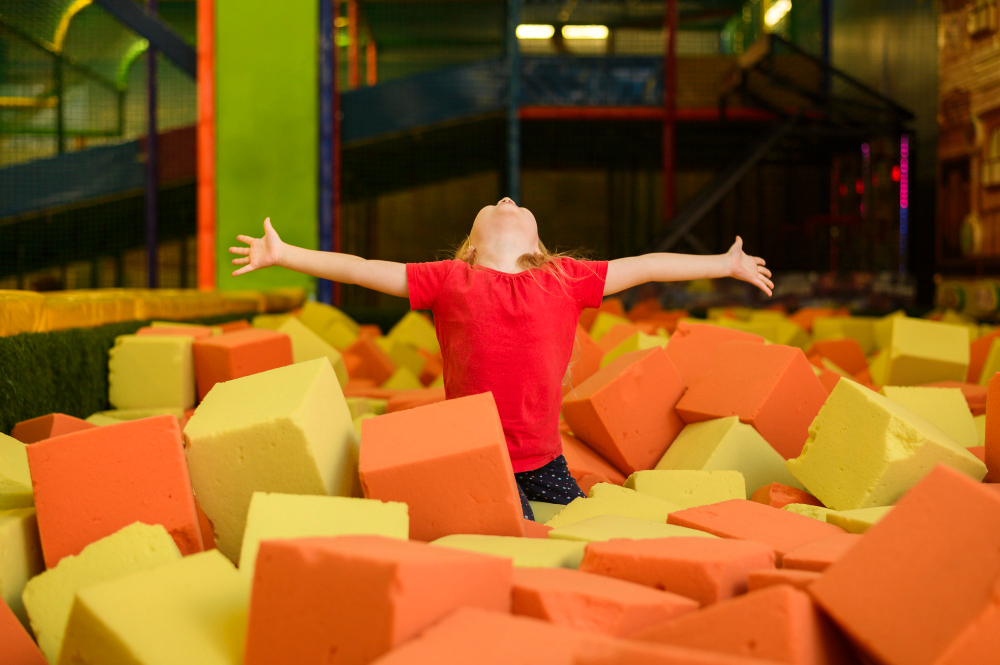
Indoor play centres are growing more popular with parents seeking a safe and engaging play space. Kids may have a blast in these indoor play spaces. They provide an excellent environment for kids to explore and develop their skills. Children will participate in activities supporting their development and growth so parents can relax.
The Role of Indoor Play Centres in Children’s Growth and Development
Some ways in which indoor play centres aid children’s development are as follows:
- Development of Physical Strength
Various play structures in an indoor play centre encourage youngsters to build muscle and stamina. Slides, monkey bars, climbing walls, and tunnels are all part of these man-made constructions. Their physical strength may be rapidly enhanced via running about or playing with other kids.
Climbing, sliding, and crawling through these constructions helps children develop their muscles and improve their coordination and balance. This exercise also strengthens bones and muscles, improving children’s health.
- Enhancing Communication Skills and Socialization
Indoor play centres provide an excellent opportunity for kids of all ages to play together. Children learn cooperation, sharing, and communication via play. Children need these social skills to form positive connections as they grow up.
Indoor play centres also allow kids to practise these abilities in a secure, controlled setting, which may boost their confidence in social situations. Consequently, they gain self-assurance while conversing with others.
- Greater Imagination and Creativity
Indoor play centres are specially made to encourage kids to use their imaginations and creativity. The vibrant and engaging play structures inspire youngsters to discover and play with their surroundings by engaging their senses. Their curiosity is foreseen to grow.
Children need imagination and creativity to grow cognitively. Thus, the style of activity may assist. In addition, indoor playgrounds frequently include themed play areas like castles or spaceships to encourage creative play.
- Improved Self-Awareness
An indoor play centre allows kids to test their limits and learn what they’re good at. Children gain self-confidence by attempting new things and pushing themselves. They should also gain self-assurance by interacting with other children within.
Additionally, kids may play independently at an indoor play centre, which is great for their feeling of freedom and autonomy. Most indoor play centres endure just a few hours, so they should experience time management.
Conclusion
Indoor play centres promote cognitive and linguistic development since more literacy-based resources like books exist. You can tailor the environment to foster more learning and growth, but the tools inside indoor play are also more skill-specific.
